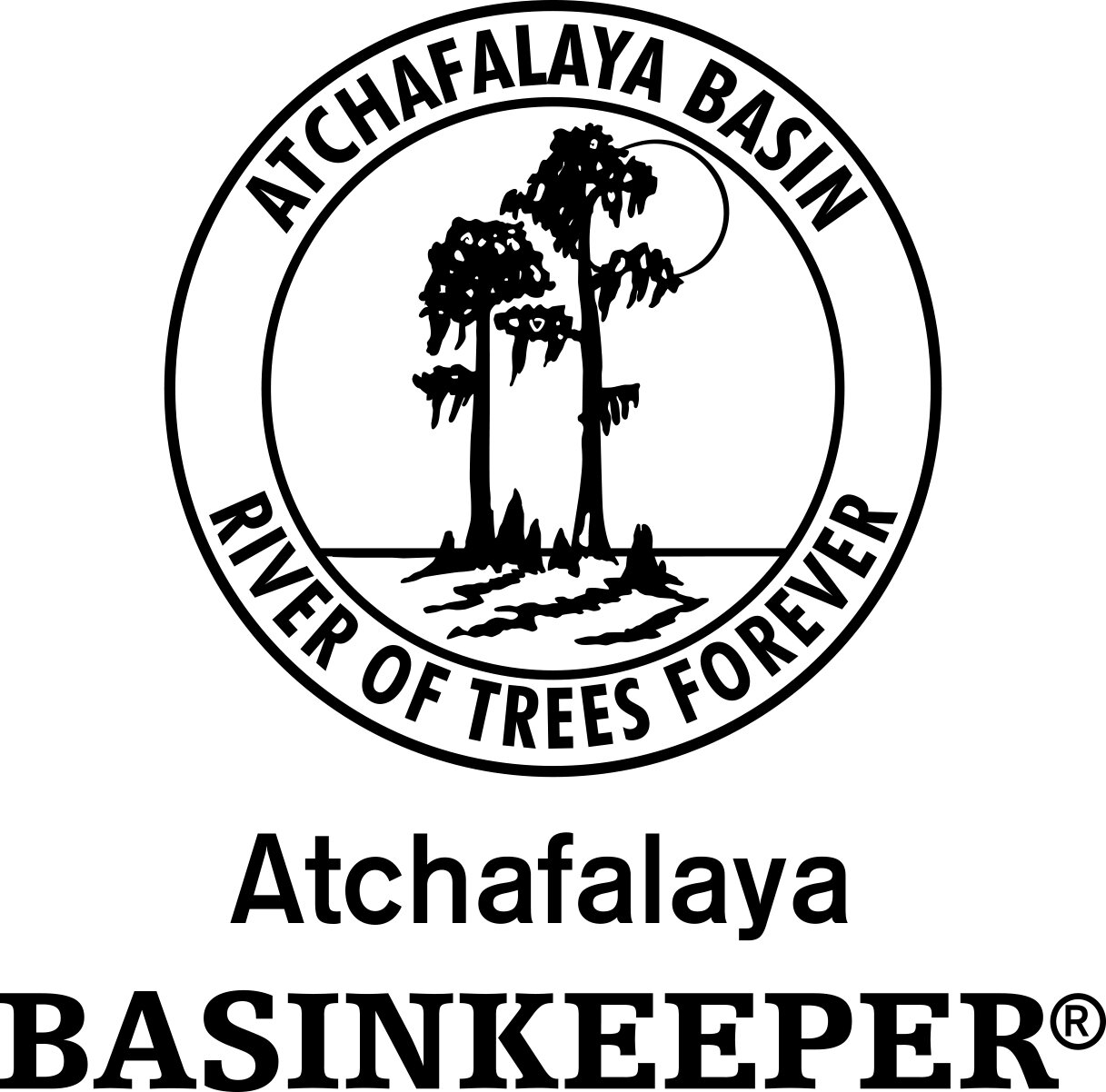Human Interference
The Basin as it exists today is a fraction of the swamp it once was. The Mississippi River was once called the North American Amazon. At one time you could navigate from the Atchafalaya swamps to southern Missouri during the spring without ever leaving the forest. The Mississippi River used to flood 24 million acres of forest every year. Most of these wetlands were destroyed - the Corps of Engineers constructed levees along two-thirds of the Mississippi in an attempt to control her waters. The Corps drained the floodplains, allowing farmers to enter and cut the trees down. Today, you can drive through these flat, tree-less areas of mostly farmland populated by towns and homes where there used to be rich habitat and dense forests like those found in the remaining swamps of the Atchafalaya Basin.
The surface of the Atchafalaya Basin was cut, by more than half, by levees. The Corps manipulated bayous and waterways within the Basin, and oil companies built pipelines and oil access canals, destroying three-fourths of the swamps, lakes and bayous within the floodway.
Human interference in the natural system of the Basin has resulted in tremendous losses of valuable wetlands. These wetlands protect our communities, support our wildlife and nourish our residents. Basinkeeper works to restore areas of the Basin that have previously been degraded by human interference, to protect remaining wetlands from destructive development and balance the interests of our natural work and our human needs.
Privatization
Over half of the Basin is privately claimed, which restricts public access and public use, and decreases support for conservation. The state refuses to claim ownership of much of its streams, lakes and waterbottoms. In foreclosing access to certain areas of the Basin, the state is authorizing private ownership of public waters, impairing economic use of these areas by fishing and ecotourism, and essentially giving claimants free-range to destroy wetlands.
Development
Louisiana, often referred to as a sportsman's paradise, is more akin to an industry paradise. There are a number of industrial interests in southern Louisiana, ranging from oil and gas exploration and transportation to petrochemical refinement. Basinkeeper is not against industry or development. However, at ABK, we strive to ensure that all development in these irreplaceable wetlands is done so in accordance with environmental laws and permits. We work to protect the Basin in the face of illegal development, unpermitted pollution sources and failures on the part of our regulatory agencies to enforce the law.



